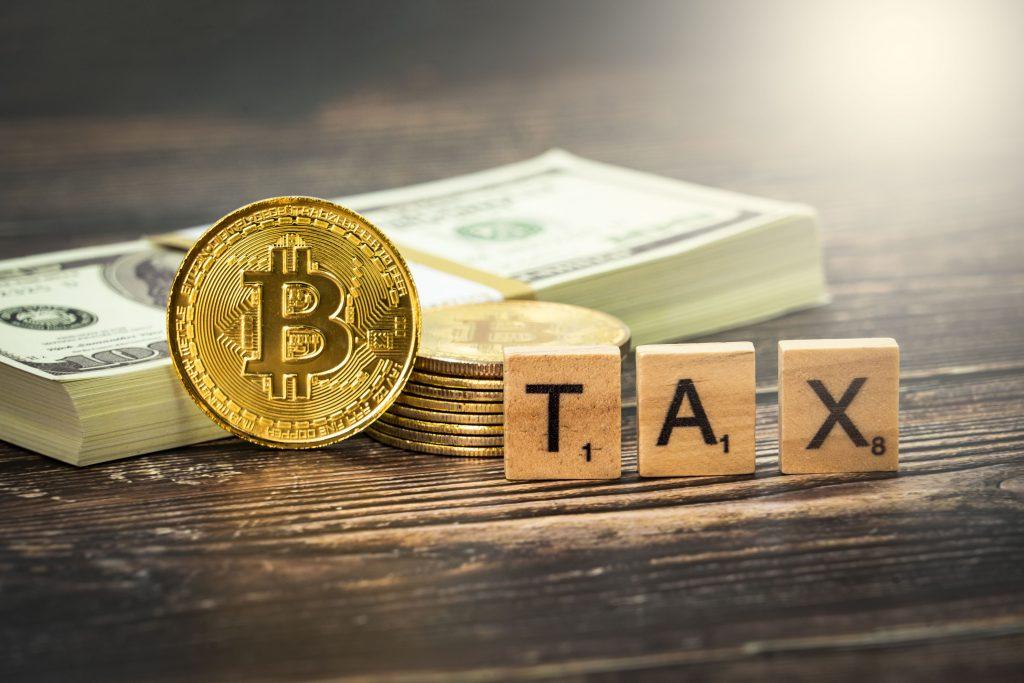
This article and its content have been produced and disseminated for persons outside of the United Kingdom. The information provided is not directed at or intended for distribution to, or use by, any person or entity located within the UK. The financial products and services mentioned in this article are not eligible for the UK. Cryptoassets are classified as Restricted Mass Market Investments in the UK, meaning that they are high-risk investments and are not suitable for most retail investors.
As the popularity of cryptocurrencies continues to surge, so does the need for clarity on tax obligations surrounding these digital assets. In Lithuania, understanding the nuances of cryptocurrency taxation is paramount for users to ensure compliance with local tax laws and avoid penalties. Bintense, an online crypto exchange, explains everything you need to know about paying taxes on cryptocurrency income in Lithuania in 2024.
Understanding Cryptocurrency Taxation in Lithuania
Cryptocurrency income in Lithuania can fall under various taxation categories, depending on how it’s acquired. These categories may include capital gains, business income from mining, or other forms of income, each subject to specific tax rates and declaration requirements.
Capital Gains Tax
Profits realised from the sale of cryptocurrencies are treated as capital gains and subject to Lithuania’s taxation. The capital gains tax rate stands at 15%, and individuals are responsible for tracking and calculating their capital gains for tax declaration purposes.
Income from Mining
Income generated from cryptocurrency mining may be considered business income if the activity is conducted on a systematic and regular basis. Such income is taxed at rates applicable to business income, which can vary based on the overall structure of the business and its total income.
Taxation and Declaration
Lithuanian taxpayers must declare their cryptocurrency income in their annual tax returns. Maintaining detailed records of all cryptocurrency transactions, including dates, volumes, and purchase and sale prices, is crucial to ensure accurate reporting and compliance with tax regulations. Bintense recommends keeping track of your crypto transactions.
VAT and Cryptocurrencies
Cryptocurrency transactions in Lithuania are exempt from value-added tax (VAT), aligning with European standards and decisions of the European Court of Justice.
Key Considerations and Recommendations from Bintense
- Record-Keeping: Maintaining accurate and comprehensive records of cryptocurrency transactions is essential for proper tax reporting and compliance.
- Use of Losses: Losses incurred from cryptocurrency transactions may be used to offset taxable gains under certain circumstances, depending on local tax laws.
- Seek Professional Advice: Given the intricate nature of tax regulations and the evolving cryptocurrency market, seeking professional tax advice is advisable for ensuring compliance and maximising tax efficiency. A
Paying taxes on cryptocurrency income in Lithuania necessitates meticulous record-keeping, a thorough understanding of tax laws, and timely income declaration. Adhering to tax obligations ensures compliance with legislation and fosters responsible utilisation of cryptocurrencies in the country. Bintense is a regulated crypto exchange where you can buy and sell BTC and ETH.
As cryptocurrency markets evolve, staying informed about tax regulations and seeking professional guidance is essential for navigating the complexities of cryptocurrency taxation in Lithuania.



